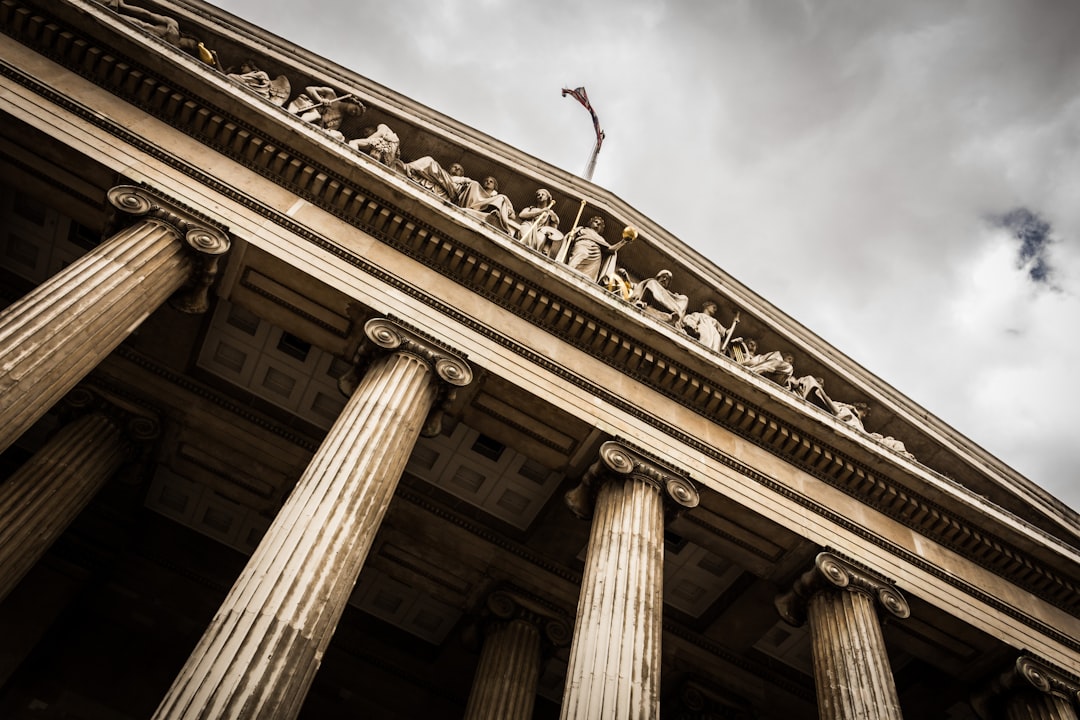California residents not liable for debts enjoy protections under the Fair Debt Collection Practices Act (FDCPA). A debt collector lawyer California ensures collectors adhere to state and federal laws, validating debt claims, challenging inaccuracies, and providing legal remedies for violations. Individuals should keep records, request validation, and consult a debt collector lawyer California to uphold their rights against unfair collection practices.
In California, non-liable parties facing debt collection actions have specific protections. Understanding these rights is crucial for individuals who find themselves entangled in debt-related legal issues. This article explores the legal safeguards available to those not personally liable for a debt, emphasizing the role of a debt collector lawyer in navigating these complexities. We delve into strategies to counter unfair debt collection practices, empowering folks to protect their interests effectively under California law.
Understanding Non-Liable Party Protections in California

In California, a non-liable party—those who are not personally responsible for repaying a debt—enjoy certain protections when dealing with debt collectors. These safeguards aim to prevent harassment and ensure fair practices during debt collection efforts. A debt collector Lawyer in California plays a crucial role in upholding these rights, providing guidance to both debtors and creditors alike.
Understanding the applicable laws is essential. California’s Fair Debt Collection Practices Act (FDCPCA) mirrors federal guidelines, prohibiting abusive, false, or misleading practices. It mandates that collectors provide proper identification, disclose the amount owed, and refrain from making threatening statements. Non-liable parties can take action if a debt collector violates these rules, seeking legal recourse through a debt collector Lawyer California to enforce their rights and secure appropriate compensation for any distress caused.
Legal Rights of Individuals Not Liable for Debt

In California, individuals who are not liable for a particular debt have specific legal rights against aggressive or unethical debt collection practices. When faced with debt collectors, non-liable parties can assert their rights to ensure fair treatment and protect themselves from harassment. A debt collector lawyer in California can help educate consumers on these rights, which include the right to verify the debt’s validity and to request validation of the debt from the collector.
These protections are outlined in the Fair Debt Collection Practices Act (FDCPA), a federal law designed to prevent abusive or false collection practices. Under the FDCPA, debt collectors must refrain from threatening language, misrepresenting the amount owed, or using unfair means to collect a debt from someone who does not owe it. Non-liable parties can file complaints with the Federal Trade Commission (FTC) or take legal action if they believe their rights have been violated by a debt collector in California.
Role of a Debt Collector Lawyer in California

In California, a debt collector lawyer plays a pivotal role in protecting non-liable parties from unfair or illegal debt collection practices. These attorneys specialize in navigating the complex web of state and federal laws that govern debt collection, ensuring that collectors adhere to strict regulations. They offer crucial guidance to individuals who find themselves on the receiving end of aggressive or wrongful debt collection efforts, helping them understand their rights and available legal remedies.
A debt collector lawyer in California can assist clients by conducting thorough investigations into the validity of debts, challenging inaccurate or fraudulent claims, and negotiating with collectors on behalf of their clients. They are equipped to handle various legal actions, including filing lawsuits against abusive debt collectors, seeking damages for emotional distress, and advocating for the removal of inaccurate information from credit reports. Their expertise enables non-liable parties to assert their rights and maintain their financial integrity in the face of debt collection pressures.
Strategies to Safeguard Against Unfair Debt Collection Practices

In California, non-liable parties facing debt collection calls can protect themselves by employing several strategies. First, they should maintain detailed records of all conversations and communications with debt collectors. This includes documenting dates, times, names, and any agreements made. Secondly, individuals have the right to request validation of the debt from the collector, who must provide proof of the debt’s existence and amount. Knowing your rights is empowering; many unfair debt collection practices can be stopped in their tracks when debtors stand up for themselves.
If a non-liable party feels they are being targeted unfairly, consulting with a debt collector lawyer in California is advisable. Legal counsel can guide individuals through the process of disputing inaccurate or invalid debts and taking appropriate action against persistent or aggressive collectors. Understanding the law and one’s rights is crucial to navigating this complex landscape and ensuring fair treatment during debt collection processes.






